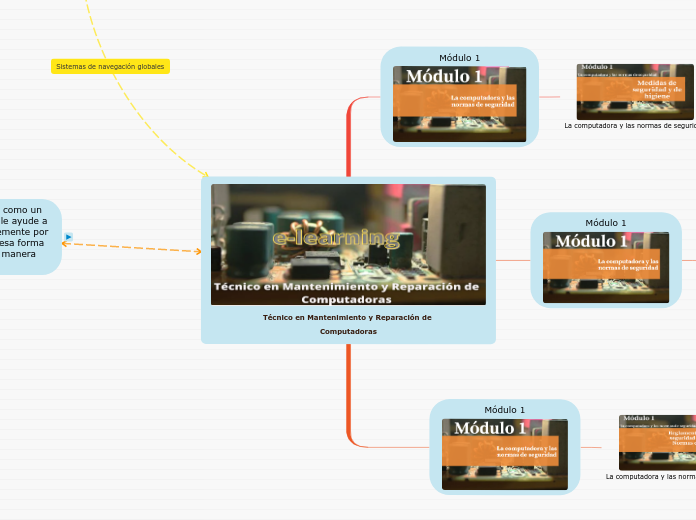по Carlos López 5 лет назад
598
Actividad semana 7

по Carlos López 5 лет назад
598

Больше похоже на это

To name your story, you have to think about the overall message and what you want your audience to understand from the story. Also, make it relevant and easy to remember.
The ending of a story is essential. We all know that if the ending is weak, what happened before loses its importance. So make it unpredictable, but fair. A resolved ending answers all the questions and ties up any loose threads from the plot.
This is the moment when the main character surpasses the last obstacle and finally faces their greatest challenge.
The climax usually follows one of these patterns:
Type in your answer.
Justificación:
This is the closure section of the story.
See examples of possible outcomes below:
The middle of the story is where you add layers of complications that will lead to the end. Reveal more about the character's journey. Did their personality go through changes? How did they overcome the challenges? And as you build up the story’s central conflict, make it more personal to that character. Also, from the middle act, you have to lead into the final act.
Your character(s) need(s) motivation in order to solve the challenge(s).
Other character
Secondary characters might also have motives that lead them to cross paths with the main character or which might trigger them to help the main character.
Main character
Why does your character need to confront this challenge? What does he/she expect to accomplish by solving it?
See a few examples:
There wouldn't be any tension and excitement in your story if there weren't any obstacles in your character's way.
In the beginning of the story (or the exposition), you will need to introduce the setting and characters. You might also want to introduce the main conflict. This part of the story is important because it gives the reader necessary background information and maybe even a first insight into a character’s personality.
The setting (time & place) of a story can change throughout the plot.
Sensory details include sight, sound, touch, smell, and taste. These details are important because they create depth in your setting.
See a few examples below:
The weather is an important element in your story because it can highly influence the ambiance and the mood of the characters.
The time of the story can also change. It can describe the event of a single day or can include an entire year's plot. Anyway, don't forget to mention it.